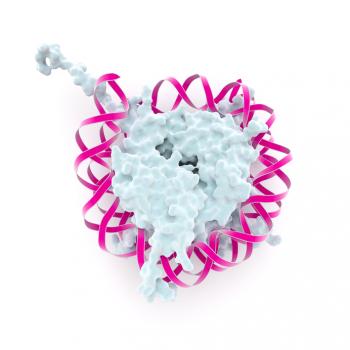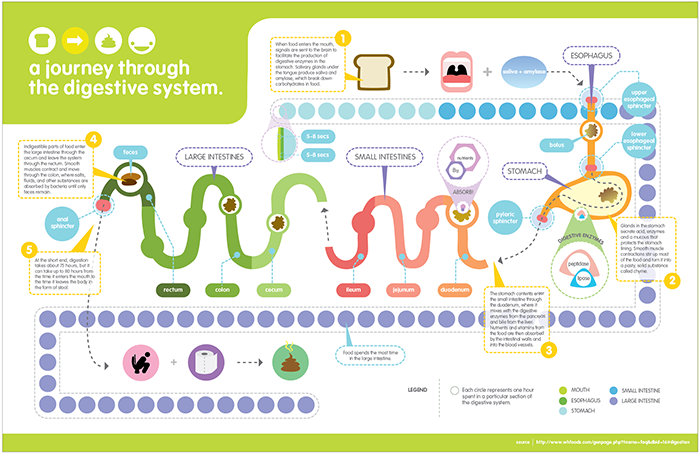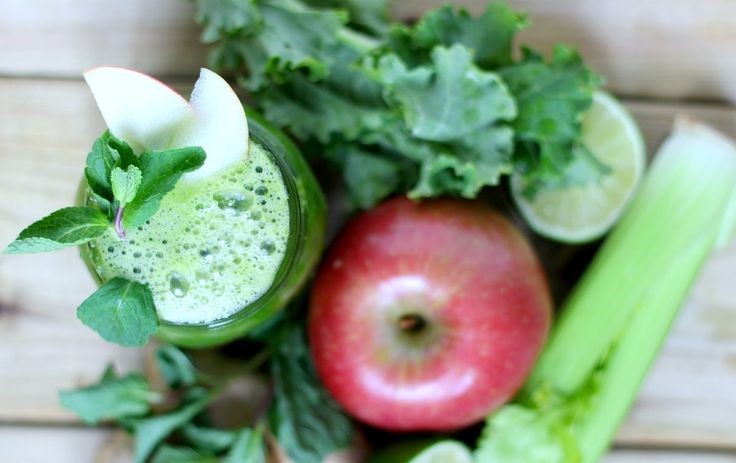If you are new to the microbiome, a patient awaiting test results, or just interested in improving your health – this is a great start point.
If you are new to the microbiome, a patient awaiting test results, or just interested in improving your health – this is a great start point.
In recent years, attention has increasingly turned away from DNA’s code and toward the way that DNA is packaged and the proteins that interact with it. These so-called epigenetic factors are heritable, reversible, and hugely influential.

Over the last few decades, epigenetics has become a hot scientific topic.
With potential roles in cancer, neuropsychiatric disorders, and immune disorders, it is no surprise that epigenetics is garnering such intense attention. Continue reading here.

Digestion actually begins in the mouth. The act of chewing food mixes it with our saliva; rich in digestive enzymes, saliva begins to break down the food even before it reaches our stomach. Therefore, the first step in improving your digestive problems is to chew your foods thoroughly—a good starting point is at least 20 times per bite. More is ideal, but to be practical, this is probably unreasonable for most people. At first you might have to count to get an idea of the general amount of time 20 ‘chews’ takes, but it will quickly become second nature and eventually a habit.
Once food is swallowed, it enters the stomach, which then secretes hydrochloric acid and various enzymes to further digest and break down the food. This is another critical juncture at which digestive problems frequently arise because many of us have the habit of drinking and eating simultaneously. While a few sips of liquid with meals is harmless, larger amounts begin to dilute the concentration and effectiveness of the hydrochloric acid-enzyme mix and can severely interfere with the digestive process, causing food to enter the intestines without being properly broken down, which creates digestive problems. This can lead to gas, shooting pains and sub-clinical nutrient deficiencies, among other things, as the body struggles to release the vitamins and minerals locked away in the undigested pieces of food.
What about juicing and smoothies?
For the most part juicing and smoothies are served too cold and contain a lot of fruits and vegetables that are rough and dry. These affect the digestive process which in turn affect your gutbiome and then manifest in a host of health issues.
Although they seem like a healthy quick fix and are full of fibre for the most part, they should be consumed sparingly and in small amounts. Meal replacement smoothies simply create what is known as “digestive fire” in Ayurveda medicine.

if you take exactly the same energy as a liquid instead of a solid, you will consume more calories later because the liquefied energy doesn’t satisfy your appetite as well as the solid food. In addition, you may be changing the rate and effect of nutrient digestion in important ways.
Lastly, people who consume green smoothies usually use fruit to make it taste palatable. The energy density of the fruit dwarfs the energy density of the greens and these smoothies usually end up being quite high in sugar.
A smoothie is still a better option to many folks over fast food or sugary carb breakfast options. However, the apple a day theory is still a better option all around.
If you have one takeaway from this article: One of the easiest ways to improve your digestion is to chew your food more, not swallow and not drink it.
Cat Aulakh, C.H.H.P. Holistic Practitioner – Nutrition & Genetics
You cannot copy content of this page